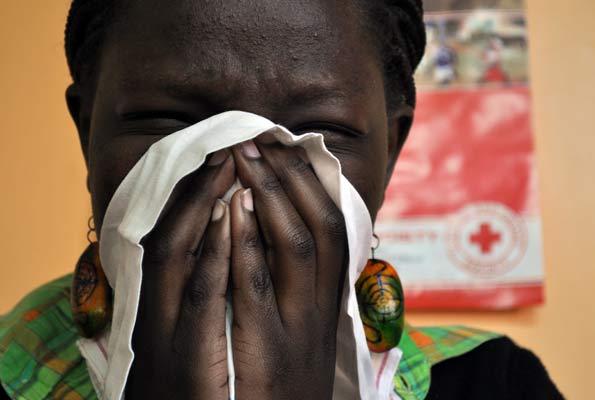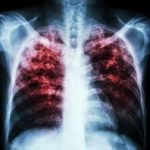According to the Ministry of Health, Uganda has an estimated 90,000 TB cases of which about 60% are co-infected with HIV/AIDS. The 2010 Global WHO Report ranked Uganda 16th among the 22 TB high burden countries.
Thus the World Tuberculosis (TB) day is today being held in Kyenjojo district under the theme: “Unite to End TB” to celebrate the reductions in numbers of TB patients in Uganda.
TB day is a worldwide event that aims to raise public awareness of tuberculosis and the efforts made to prevent and treat this disease.
During last year’s celebrations in northern Uganda, Kampala, Kalangala and Gulu districts were recognized for their outstanding performances, each in fighting TB but special recognition was accorded to Kalangala district for registering 100% success rate in fighting TB. Kampala and Gulu were rewarded for most improved zone in TB control and best TB case finding rates, respectively.
Classifications
TB has classifications based on which part it is affecting or which treatment it is responsive to. The most common is pulmonary tuberculosis, which affects the lungs. It is responsible for more than 50% of all TB cases in Uganda and the rest of the world. Extra pulmonary TB is what affects other parts of the body except the lungs. There is also drug sensitive (ordinary) and drug resistant TB, both based on resistance.
Causes
Tuberculosis is caused by bacteria that spread from person to person through microscopic droplets released into the air.
This can happen when someone with the untreated, active form of tuberculosis coughs, speaks, sneezes, spits, laughs or sings. Although tuberculosis is contagious, it is not easy to catch. You are much more likely to get tuberculosis from someone you live with or work with than from a stranger. Most people with active TB who have had appropriate drug treatment for at least two weeks are no longer contagious.
About one-third of the world’s population has latent TB. Tuberculosis is particularly difficult to diagnose in children.








